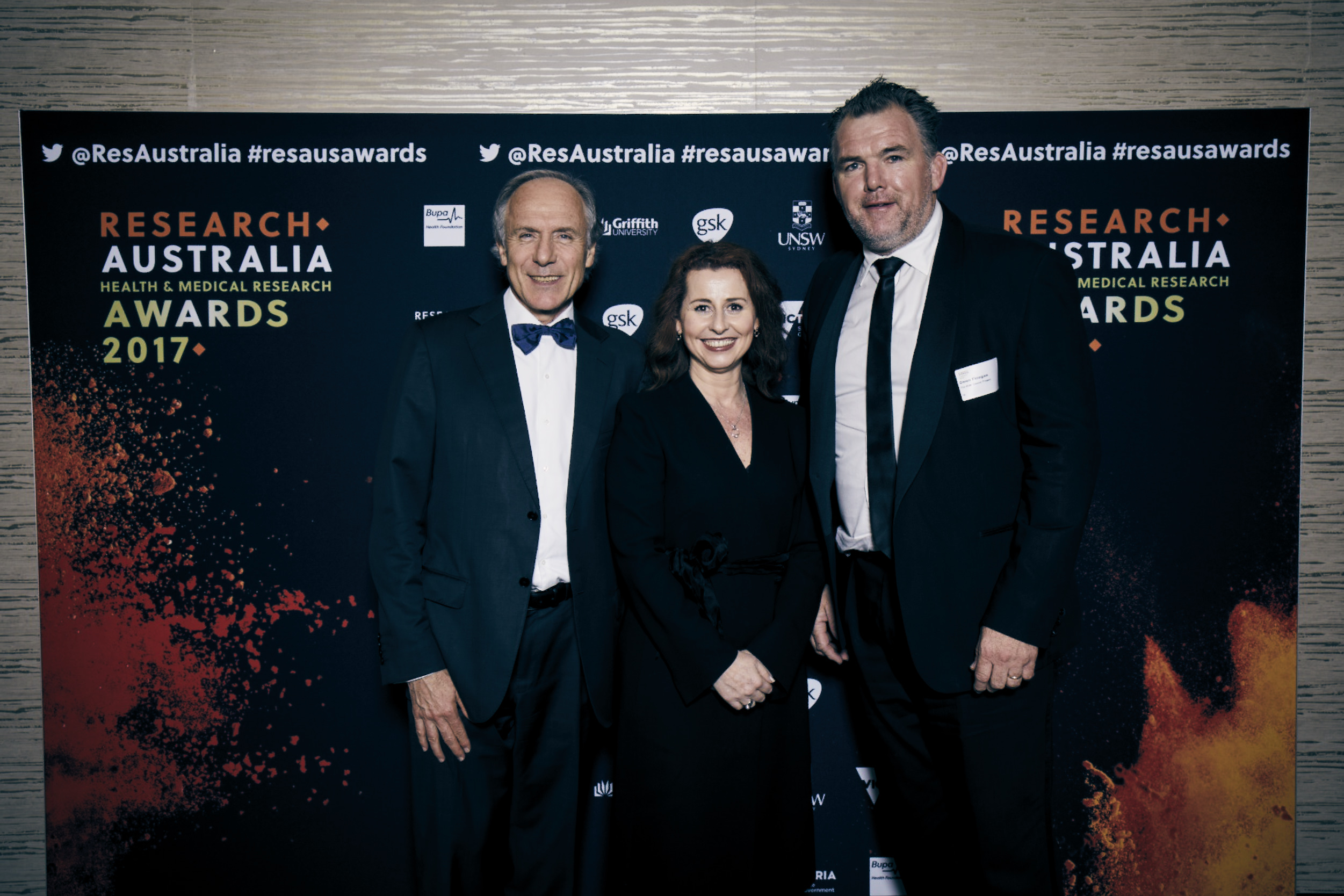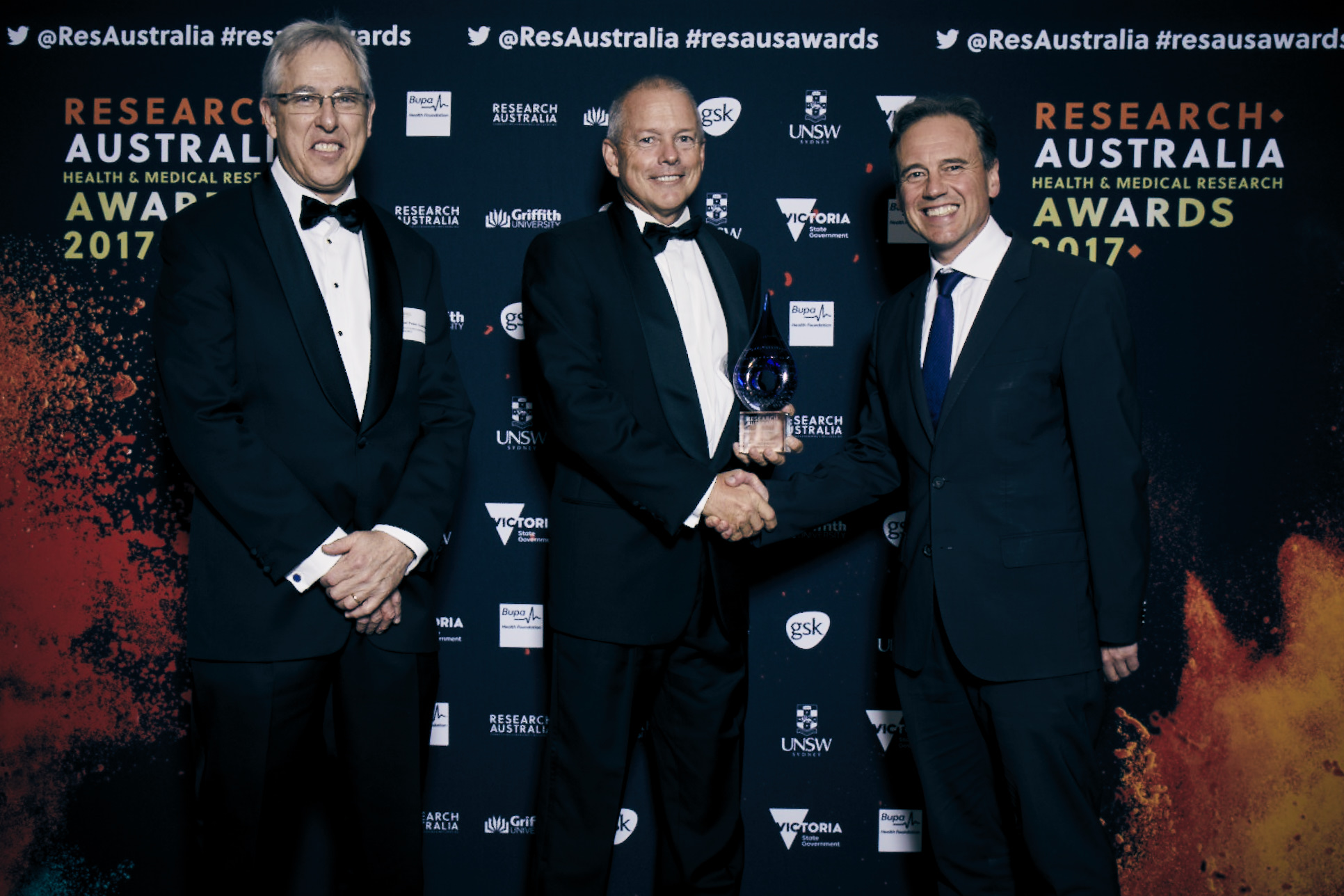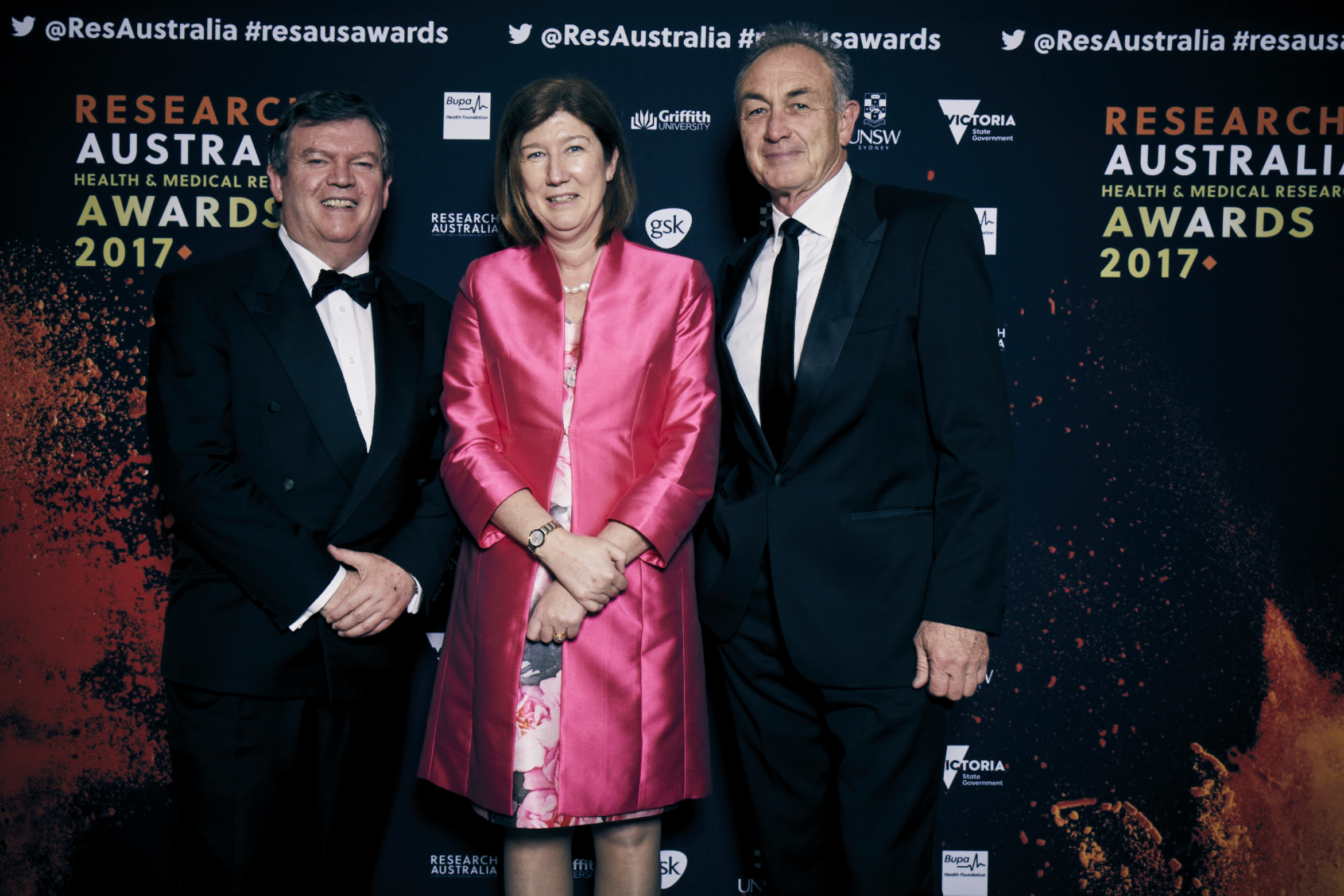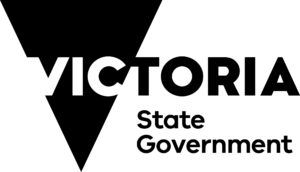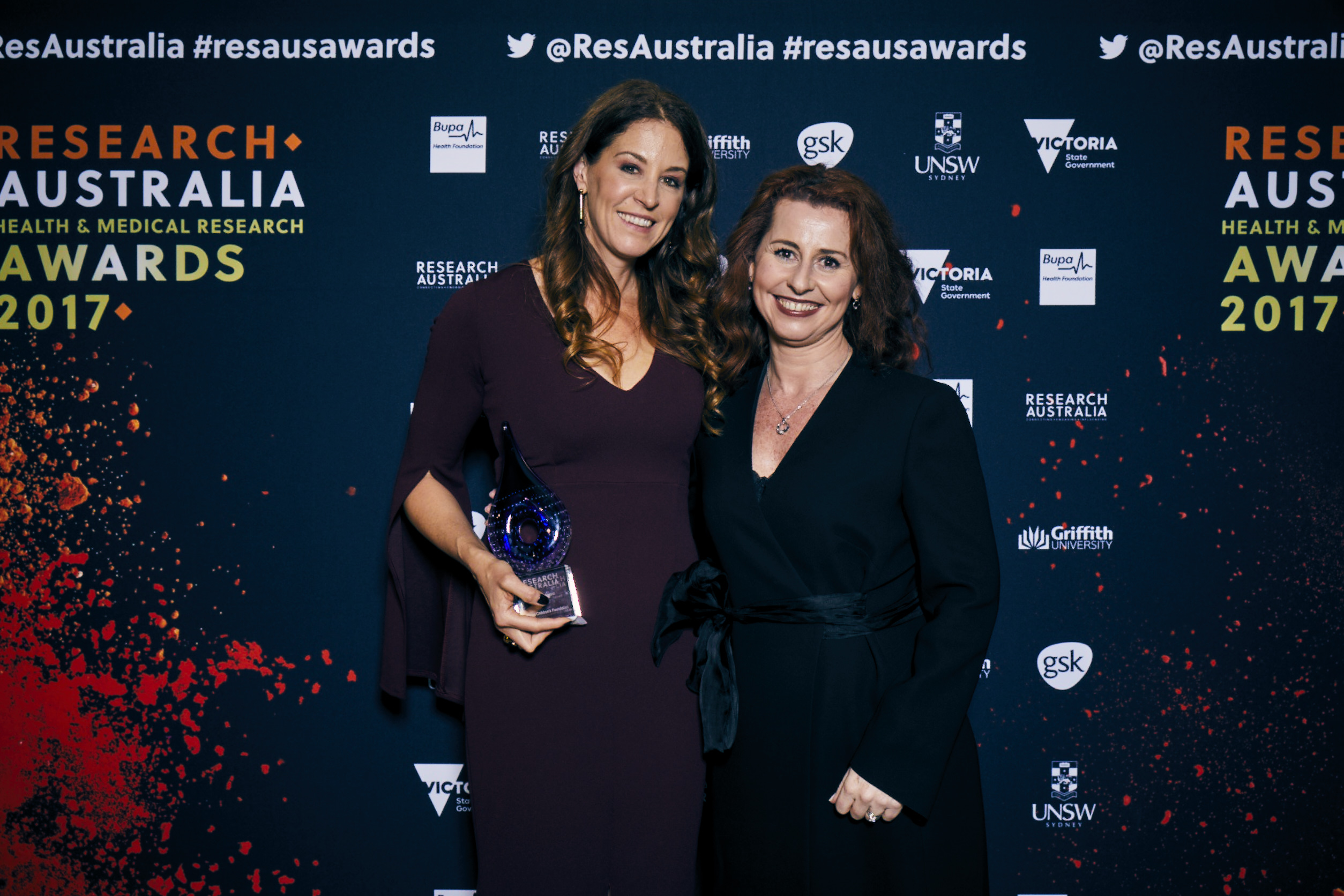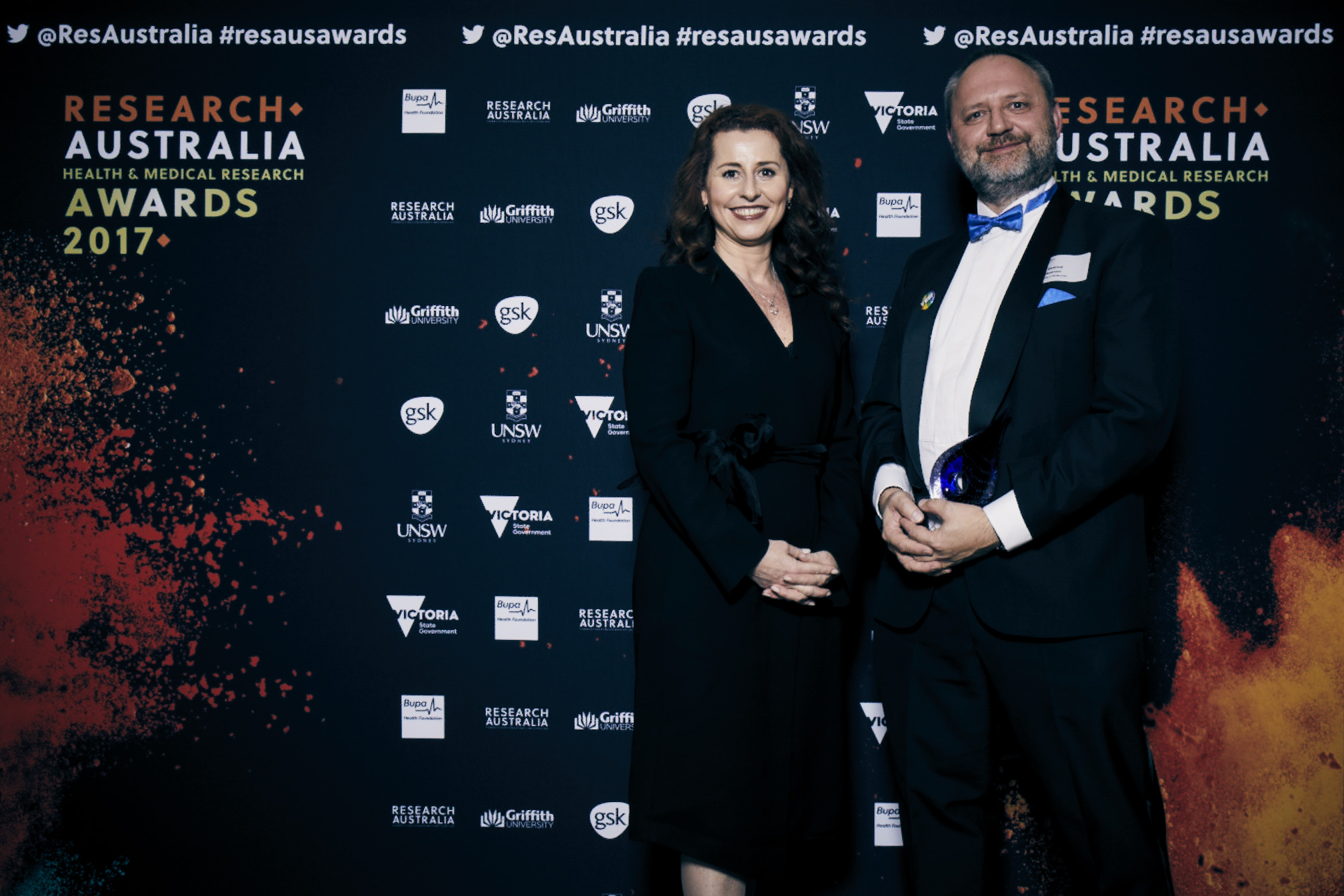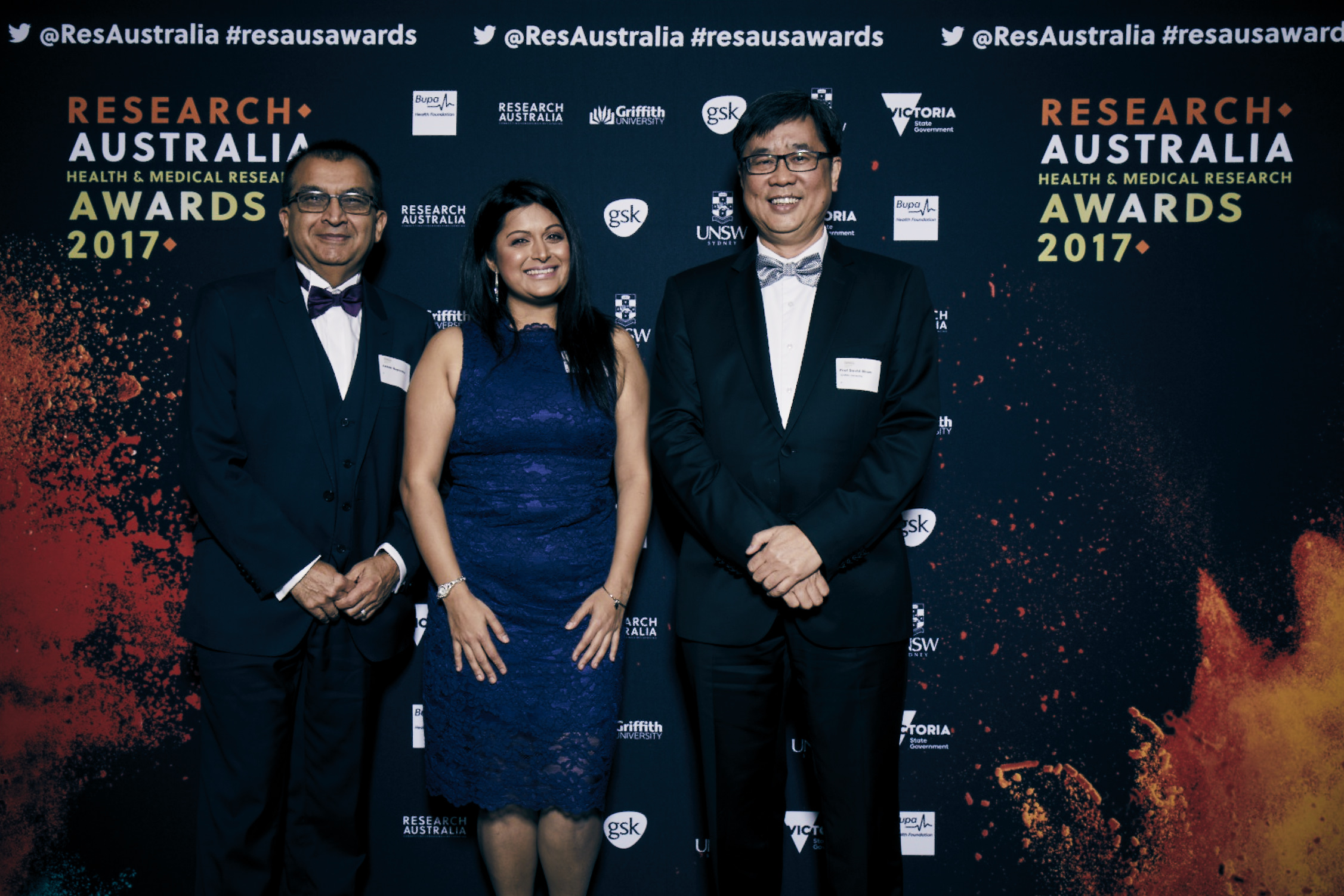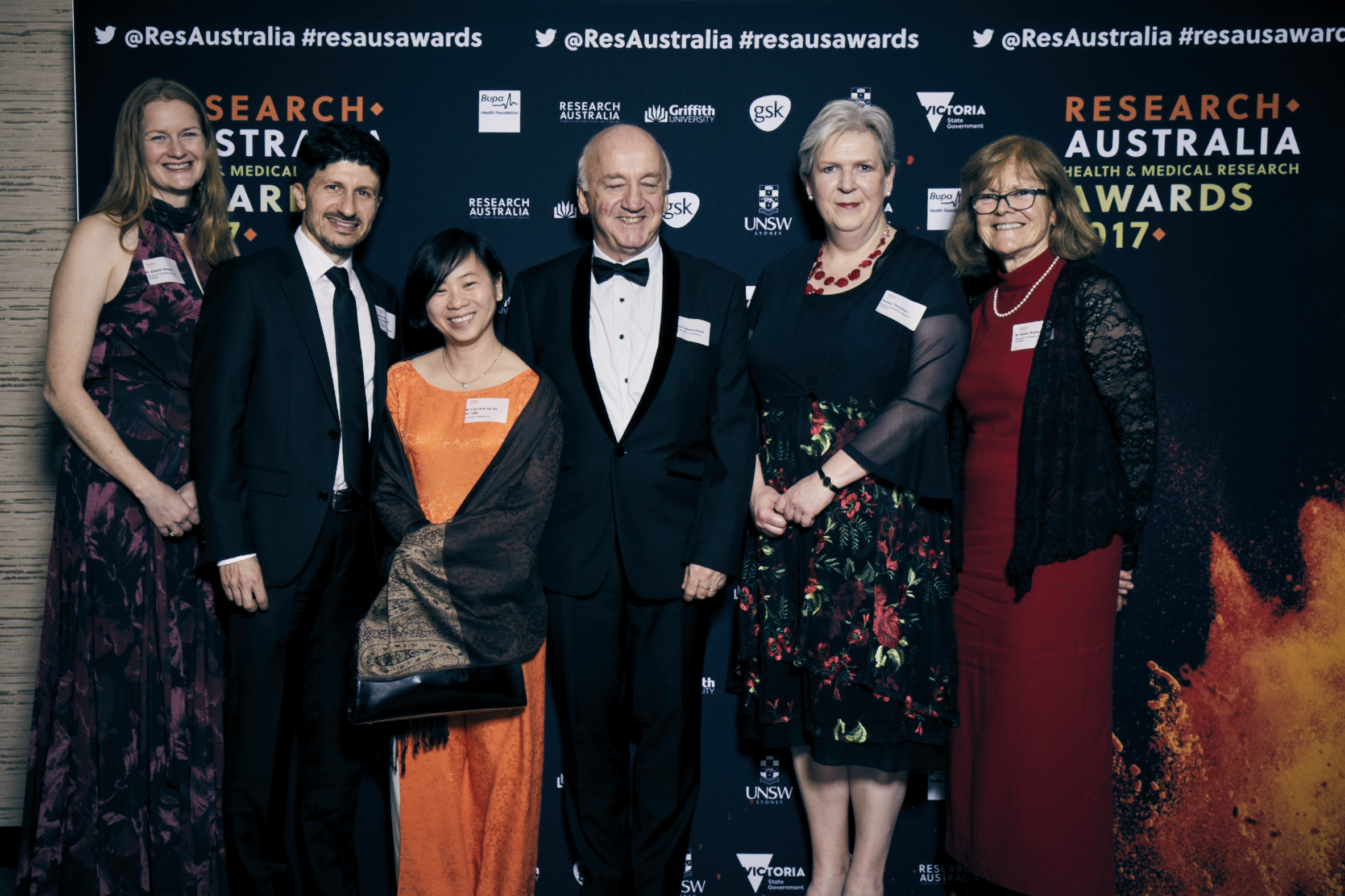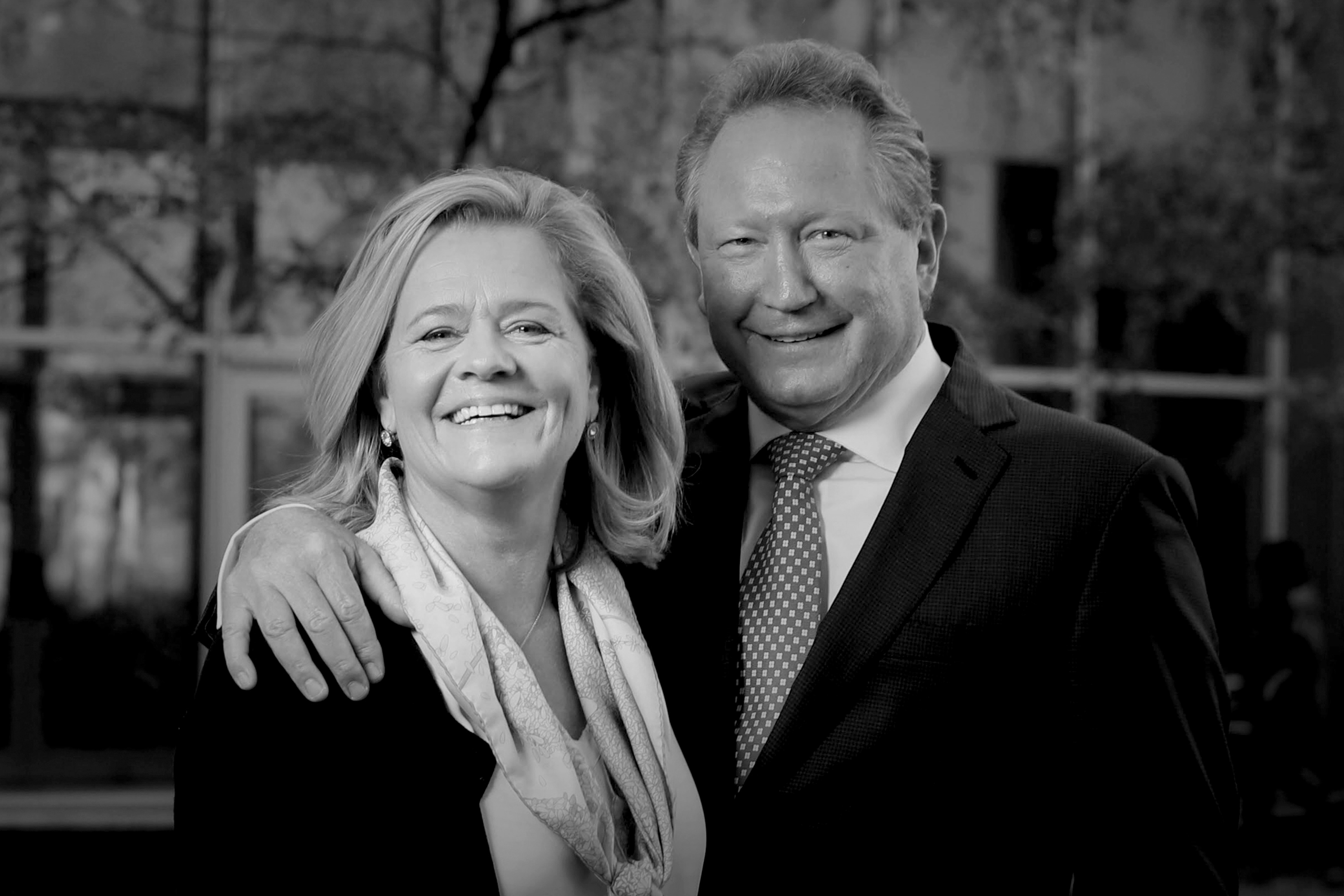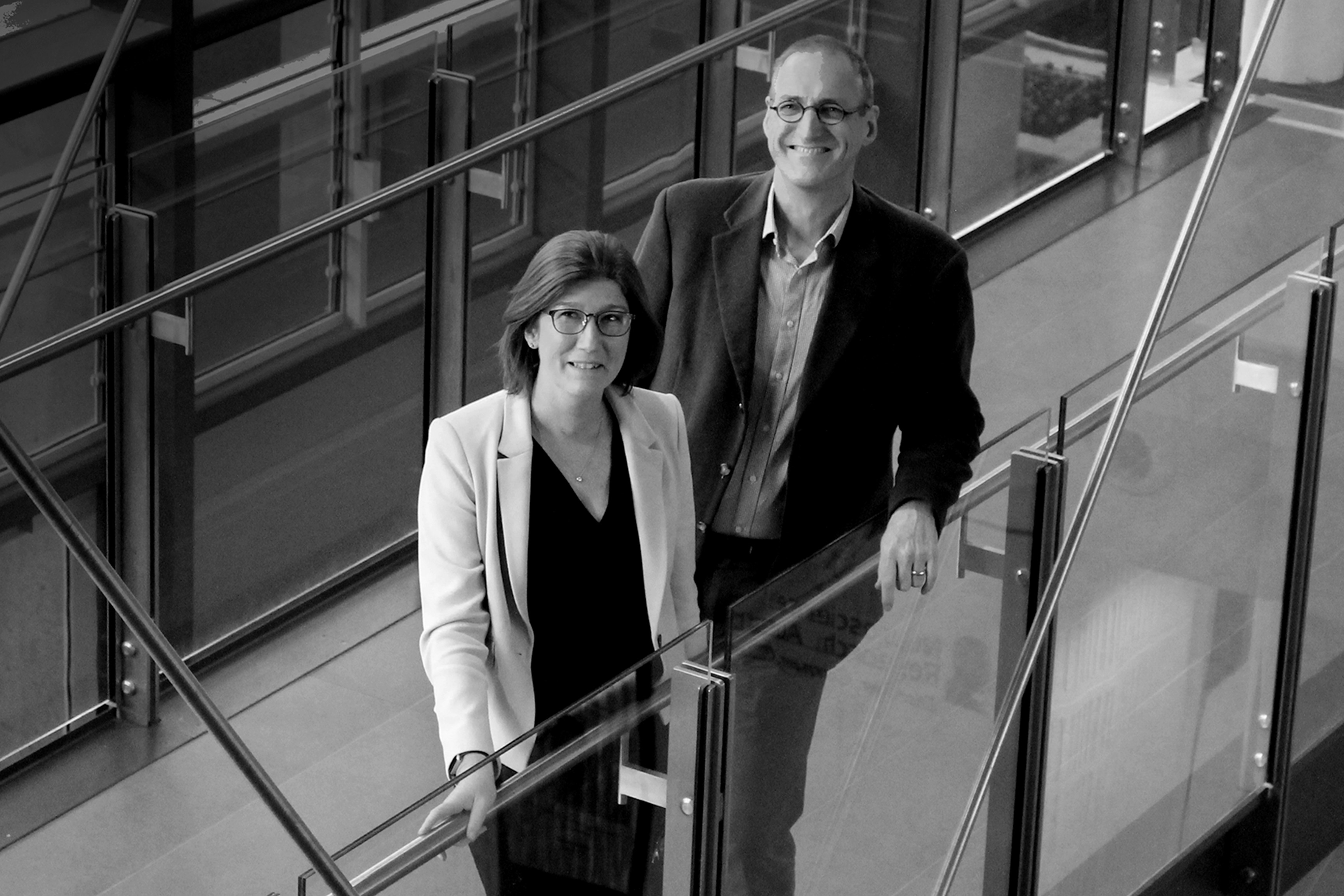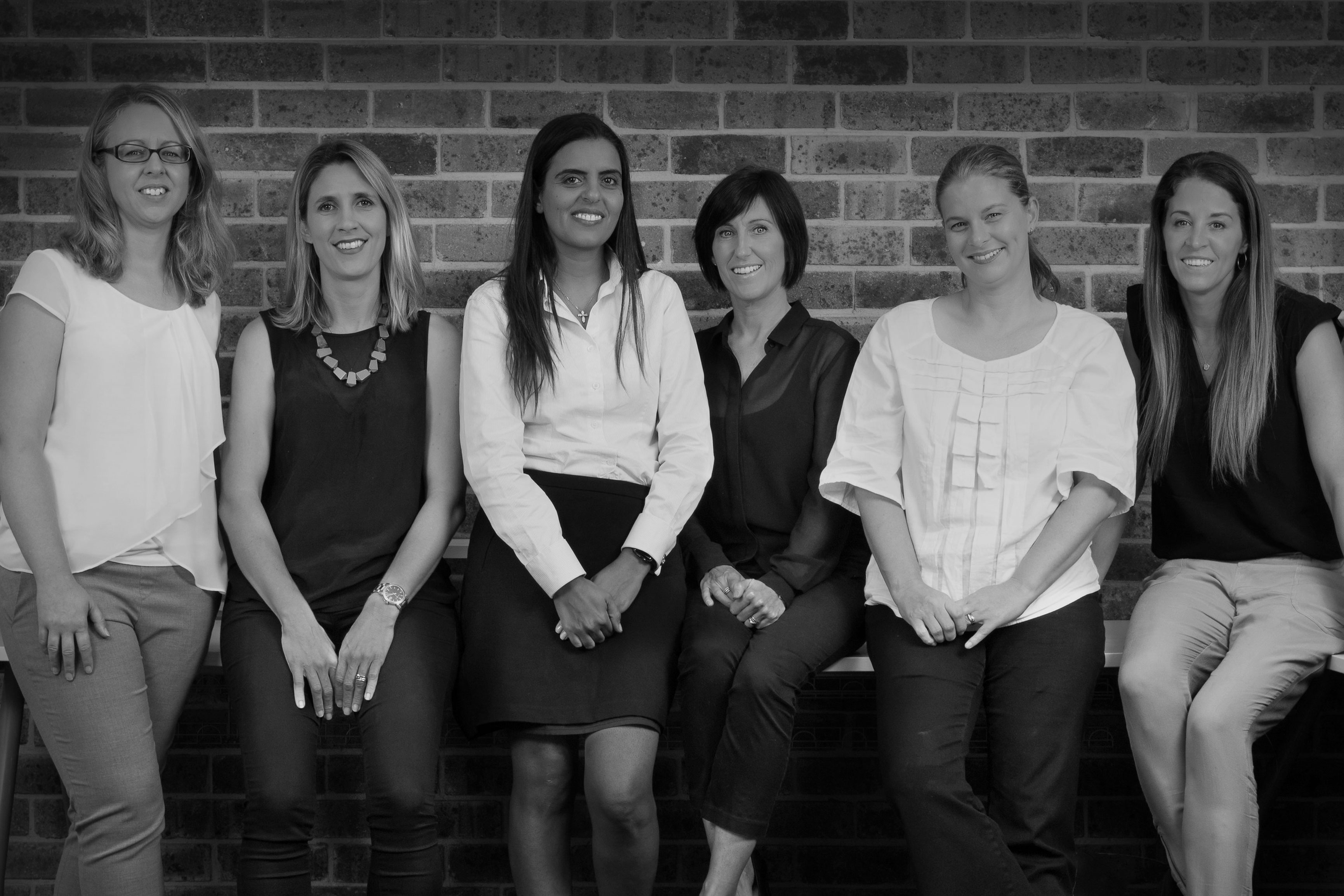Congratulations to Award Winner: The QBE Foundation
The QBE Foundation is a global initiative to help QBE Insurance give back to the communities in which it operates through charity partnerships, donations and volunteering. Launched in 2011 to mark QBE’s 125th anniversary year, the Foundation formalises QBE’s long history of community involvement and corporate giving into a structured, global approach. Continue reading “2017 Leadership in Corporate Giving Award Winner: The QBE Foundation”

